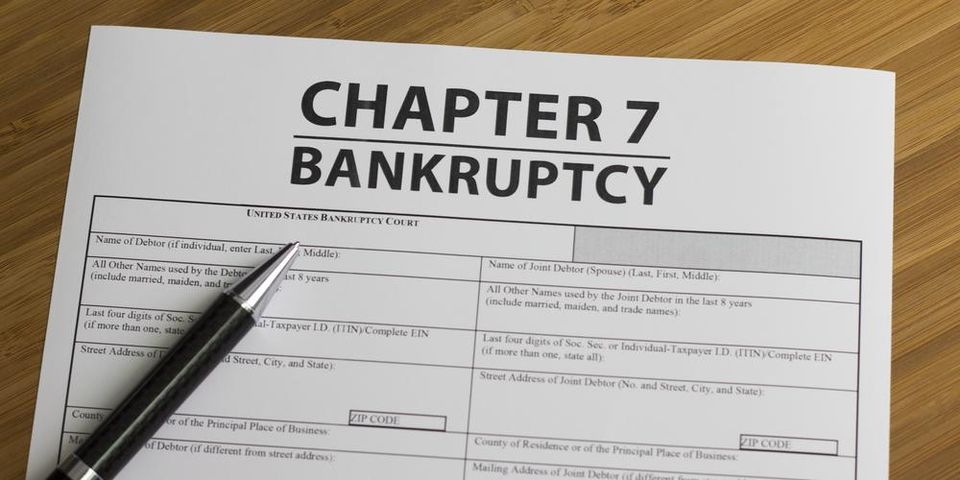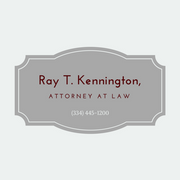
If you’re struggling to pay an insurmountable debt, bankruptcy may provide relief from this financial hardship. However, according to the bankruptcy law experts at Ray T. Kennington, Attorney At Law in Ozark, AL, there are many stipulations. Bankruptcy isn’t an immediate clean slate, and it’s important to understand what bankruptcy can and can’t do for your debts and assets.
Whether you are filing for Chapter 7 or Chapter 13 bankruptcy, this guide can help you understand how the process will impact your finances.
Unsecured Debts
 Many people file for bankruptcy when they’re struggling with credit card debt. Other unsecured debts may be eliminated when you file for liquidation under a Chapter 7 liquidation bankruptcy. If your income is too high to qualify for Chapter 7, your attorney may advise you to file for Chapter 13 bankruptcy. This filing restructures your finances, so you may be still obligated to make smaller payments.
Many people file for bankruptcy when they’re struggling with credit card debt. Other unsecured debts may be eliminated when you file for liquidation under a Chapter 7 liquidation bankruptcy. If your income is too high to qualify for Chapter 7, your attorney may advise you to file for Chapter 13 bankruptcy. This filing restructures your finances, so you may be still obligated to make smaller payments.
Bankruptcy law, however, doesn’t cover student loans, federal back taxes, or child support unless you can prove undue hardship through a separate court filing. Take all of your debts into consideration before filing, so you understand what will and won’t be discharged through bankruptcy.
Assets
Some people are afraid to file because they don't want to lose significant assets such as property, vehicles, or personal valuables. When you file, most of your assets will become the property of a court-defined bankruptcy estate. This estate can then use them to repay your creditors. However, you’re entitled to certain exemptions to ensure you retain some degree of ownership. Your bankruptcy law attorney will help you determine which of your belongings may be eligible for exemption.
Creditors
One of the worst parts of debt is dealing with creditors. In many cases, they may harass you or threaten to repossess your assets. When you file for bankruptcy, you can expect relief from these aggressive tactics. However, collectors are still entitled to contact you about outstanding debts. If they’ve filed liens against significant assets, these may still be enforceable following bankruptcy. Some liens can be dissolved through bankruptcy, so it’s important to consult with a bankruptcy attorney if you’re facing this.
When you need relief from overwhelming debt, a bankruptcy law attorney at Ray T. Kennington, Attorney At Law will provide assistance. Their dedicated team will work with you on a personal level to develop a plan of action and strive to achieve the best possible outcome. Call (334) 445-1200 today to schedule a consultation, and visit their website to learn more about their services.
About the Business
Have a question? Ask the experts!
Send your question

